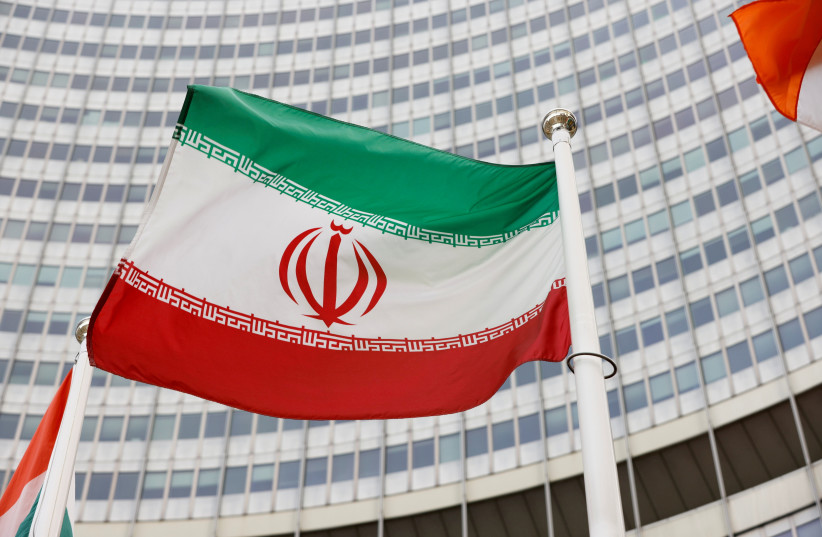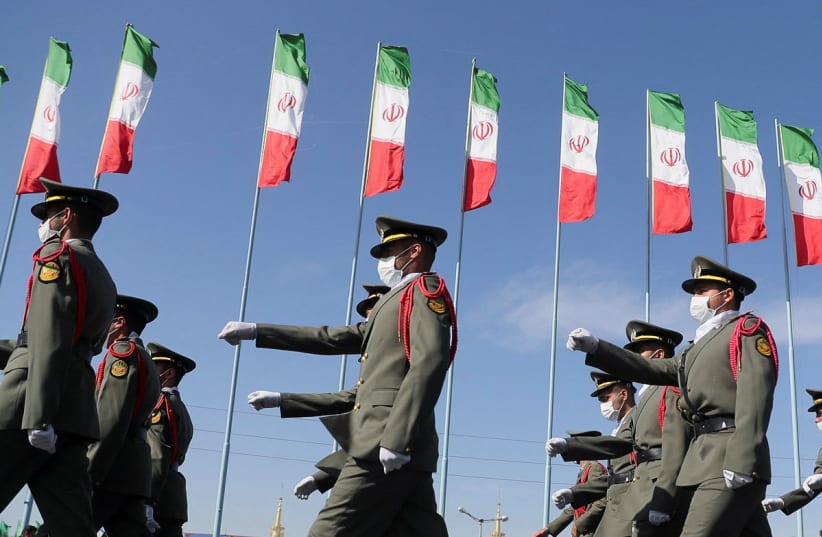Is the timing bizarre, or was everything always planned to be revealed exactly as it has?
That is one of the key questions on why the Mossad only now revealed the new Iranian nuclear secrets that came from the spy agency’s raid on the Islamic Republic’s nuclear archives in January 2018.
If the Mossad had glaring evidence of Tehran having hacked International Atomic Energy Agency internal communications, why did it not reveal those documents then?
Moreover, if the clandestine agency had extensive evidence of Iranian internal discussions about how to fool the IAEA, why was all of that not revealed earlier?
The two main theories would be timing and dynamics versus the agency literally not knowing what it had at the time, as hard as that second narrative might be to swallow.


In terms of timing and dynamics, The Jerusalem Post had already reported the inside story of how then-public diplomacy official Yarden Vatikay in the Prime Minister’s Office, along with the Mossad and Israeli military intelligence officials, spent two months vetting material that was taken from the archives to decide what to disclose to the general public.
This was an even more extensive review process regarding what prime minister Benjamin Netanyahu should focus on in his historic April 30, 2018, news conference.
Vatikay said there were internal debates between the public relations and Mossad officials about what intelligence could be revealed and what needed to be kept secret.
Releasing information to the public
Although the debates can be complex, Vatikay said that intelligence professionals often want to reveal less, and to present what is revealed with more nuance, whereas political officials tend to want to reveal more and with a simpler message for the public to quickly understand and absorb.
Although a tremendous amount of material was vetted, declassified and disclosed in April 2018, the Mossad and Israel continued to disclose information on a rolling basis for at least another year and a half.
In fact, Netanyahu gave two additional disclosure speeches at much later dates, all relating to the raid on the archive: in September 2018, Netanyahu disclosed illicit nuclear material that the Mossad had found at Iran’s Turquzabad nuclear facility; and in September 2019, Netanyahu disclosed nuclear violations of the JCPOA taking place at the Abadeh-Marivan nuclear facility.
Though disclosed over a long period, both of these later disclosures were known in early 2018, but were intentionally held back for later propaganda value.
To this day, the IAEA is fighting with Iran about resolving three or four potential nuclear violations that it discovered based on data originally provided by the Mossad.
One could say that the timing now is ideal for embarrassing Iran before the IAEA, US and the West in terms of friction over the nuclear deal negotiations.
However, there have been many other crucial moments dating back to the renewal of the nuclear negotiations in April 2021.
So while this is certainly an opportune time to embarrass Iran with these new documents, it does not seem to be the full answer. Rather, the information just released about Iran and the IAEA was not known to Israeli officials in 2018 when they were vetting what to disclose to the public.
In fact, the volume of data the Mossad seized from Iran was so extensive – and in Farsi – that Israel simply did not get these latest revealed documents translated until a much later date.
As a result, this might not even be the last we hear of the nuclear archive raid data of 2018.
The spy agency probably did not just learn about these documents yesterday or last week, but sometimes even the world’s most mythic secret agents can be delayed by such mundane challenges as translation and data mining.
